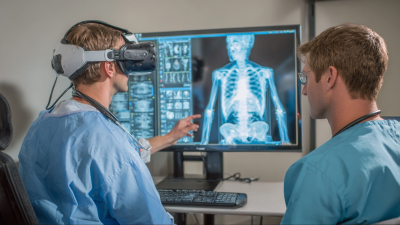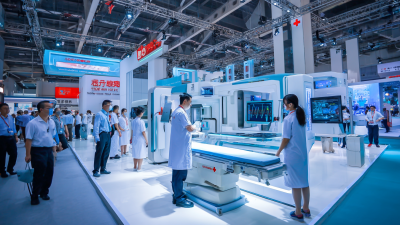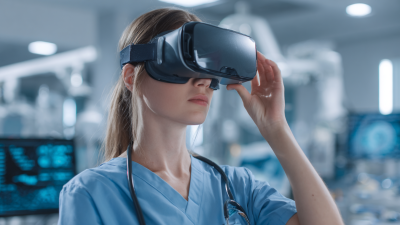As the healthcare landscape rapidly evolves, the integration of technology into medical training has become increasingly essential. Virtual Reality (VR) Healthcare Training is at the forefront of this revolution, providing immersive and interactive learning experiences that enhance the education of healthcare professionals. According to a report by Markets and Markets, the VR in healthcare market is projected to grow from $976 million in 2021 to $6.9 billion by 2026, reflecting a compound annual growth rate (CAGR) of 47.4%. The 138th Canton Fair in 2025 presents a pivotal opportunity for stakeholders in the healthcare and technology sectors to explore innovative VR solutions, showcasing how these advancements can improve training efficiency, patient outcomes, and overall healthcare delivery. By embracing VR Healthcare Training, medical institutions can bridge the gap between theoretical knowledge and practical application, ultimately transforming the future of medical education and healthcare services.
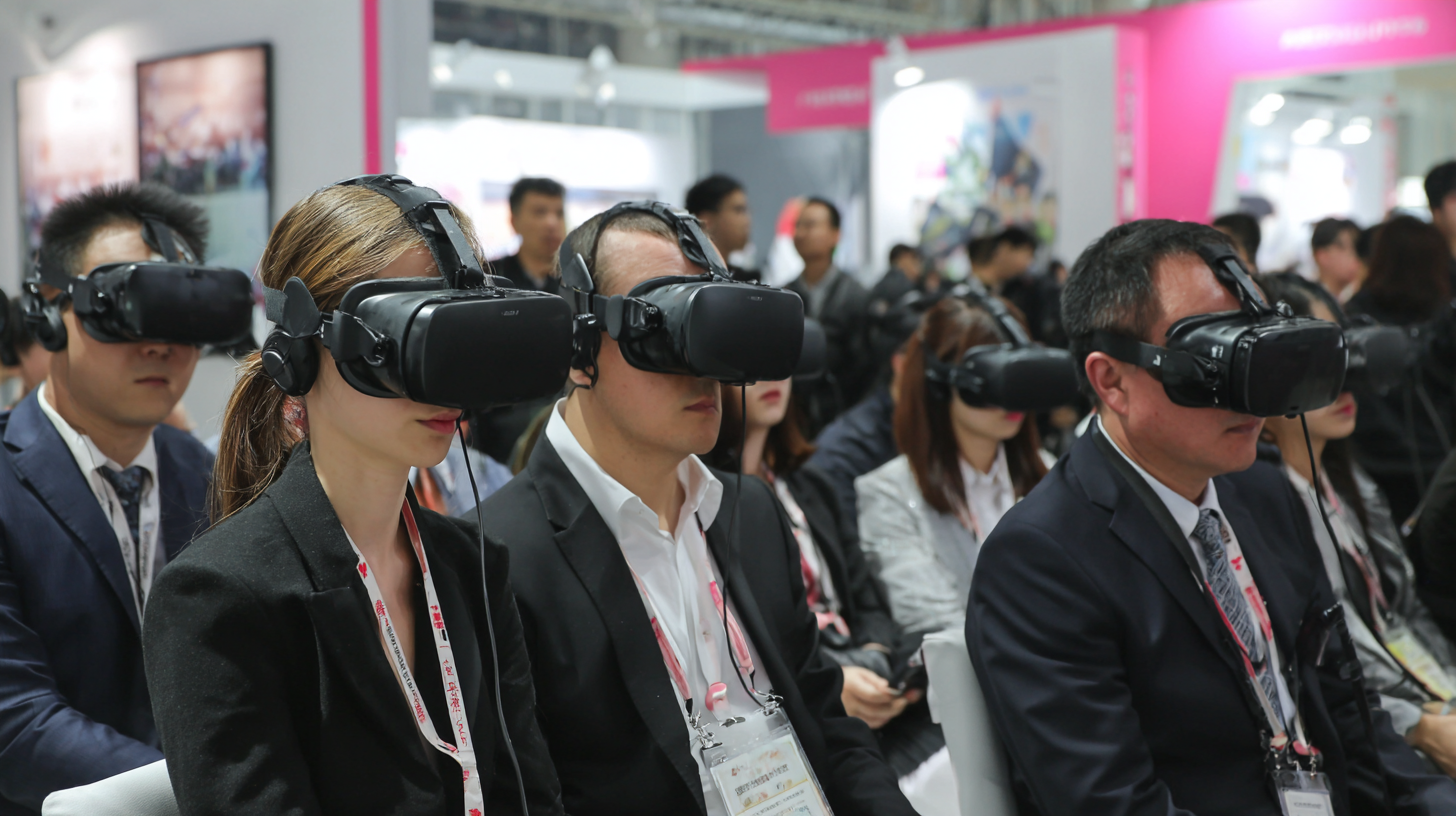
The integration of virtual reality (VR) into medical training programs
represents a revolutionary stride in preparing healthcare professionals for the challenges of the modern medical landscape.
At the forefront of this evolution, the 138th Canton Fair in 2025 showcases
cutting-edge VR technologies designed specifically for medical applications. By providing immersive simulations,
VR allows trainees to engage in realistic medical scenarios, enhancing their decision-making skills and technical proficiency
without the risk of harming real patients.
As medical curricula evolve, the demand for innovative training methods grows.
Virtual reality stands out as a powerful tool that transcends traditional educational techniques. Through interactive environments,
students can practice complex procedures and develop critical soft skills like communication and empathy in a risk-free setting.
The ability to analyze real-time feedback in a controlled environment ensures that learners are better prepared to face actual clinical situations.
By employing VR in their training programs, medical institutions are not just enhancing the educational experience
but also improving patient care outcomes through better-prepared healthcare professionals.
At the 138th Canton Fair in 2025, a new frontier in healthcare training emerged with a focus on innovative VR technologies. This year's event spotlighted advancements that are transforming the landscape of medical education. According to a recent industry report, immersive technologies have shown to improve retention rates among medical trainees by over 30%, suggesting a significant shift toward more engaging training methodologies. The integration of VR in healthcare training not only enhances experiential learning but also prepares future healthcare professionals for real-world challenges.
Canton Fair's emphasis on cutting-edge developments positioned it as a crucial platform for networking among innovators and practitioners in the healthcare sector. As highlighted in the latest trade show developments, the increasing adoption of digital tools in healthcare is reshaping training programs. Reports indicate that by 2026, the global market for VR in healthcare is projected to surpass $1.5 billion, driven by ongoing efforts to enhance skills development and patient care. Thus, the Canton Fair serves not only as a showcase for remarkable technology but also as a catalyst for collaborative growth in the healthcare training industry.
| Technology Type | Application in Healthcare | Benefits | Implementation Status |
|---|---|---|---|
| Immersive Simulation | Surgical Training | Realistic practice in safe environment | Pilot Programs |
| VR Patient Simulation | Patient Interaction Training | Enhanced empathy and communication skills | In Development |
| VR for Mental Health | Therapeutic Environments | Stress relief and exposure therapy | Research Phase |
| VR Anatomy Learning | Medical Education | Interactive 3D models for better understanding | Fully Implemented |
| VR Disaster Simulation | Crisis Management Training | Preparation for real-world emergencies | Ongoing Trials |
The implementation of virtual reality (VR) training in healthcare is revolutionizing the way professionals in China acquire new skills and knowledge. At the upcoming 138th Canton Fair in 2025, the potential advantages of VR training for healthcare practitioners will be a focal point of discussion. This transformative approach not only enhances learning experiences but also promises to bridge the gap between theoretical knowledge and practical application. By immersing participants in realistic medical scenarios, VR training provides a safe environment for learners to practice critical procedures without the risk of harming real patients.
Moreover, VR training offers significant benefits in terms of accessibility and scalability. With the vast expanse of China and a growing demand for trained healthcare professionals, VR technology can efficiently deliver high-quality training to practitioners in remote areas. This innovation reduces the need for physical resources and allows trainers to simulate a wide range of medical situations, fostering quicker skill acquisition and better preparedness for actual clinical challenges. As the healthcare sector continues to evolve, embracing VR training could be a vital step towards enhancing the capabilities of healthcare professionals across the nation.
As virtual reality (VR) continues to revolutionize sectors like education and entertainment, its potential in healthcare training is gaining significant attention. The upcoming 138th Canton Fair in 2025 will spotlight collaborative opportunities between tech companies and medical institutions. Studies reveal that VR in healthcare training can enhance retention rates by up to 75% compared to traditional methods. This intriguing statistic highlights the promise of VR to transform how medical professionals are trained, ultimately improving patient care.
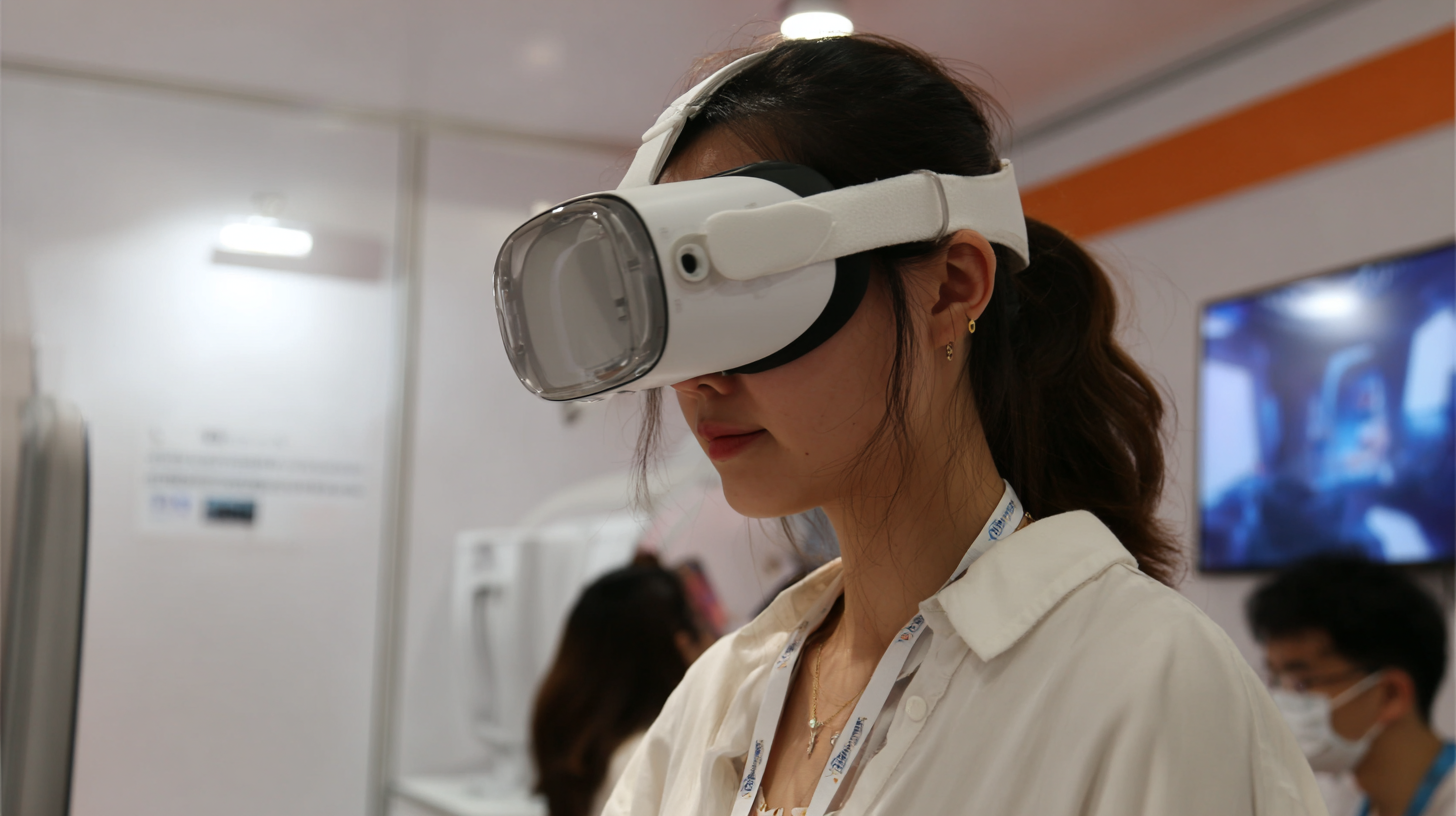
Tech companies are increasingly partnering with hospitals and medical schools to create immersive training modules that simulate real-life medical scenarios. According to a report by PwC, 78% of healthcare executives believe that VR can positively impact their operations by delivering effective training solutions. By leveraging VR technology, medical institutions can offer their trainees a safe and controlled environment to practice complex procedures, thus reducing the risk of errors in real situations.
Tips: When exploring VR training solutions, medical institutions should consider conducting pilot programs to evaluate effectiveness. Engaging with tech companies early can also provide insights into emerging technologies tailored for healthcare. Additionally, creating a feedback loop with trainees can help refine the VR training modules for enhanced learning experiences.
As we look ahead to the future of VR healthcare training, especially in contexts like the upcoming 138th Canton Fair in 2025, several trends are emerging that can transform the landscape of medical education. One prominent trend is the integration of artificial intelligence with VR systems, which can personalize training experiences for medical professionals. By utilizing data analytics, these systems can adapt to the user’s skill level and learning pace, ensuring more effective training sessions. Additionally, VR technology provides immersive environments that enhance retention and understanding of complex medical procedures, making learning both engaging and effective.
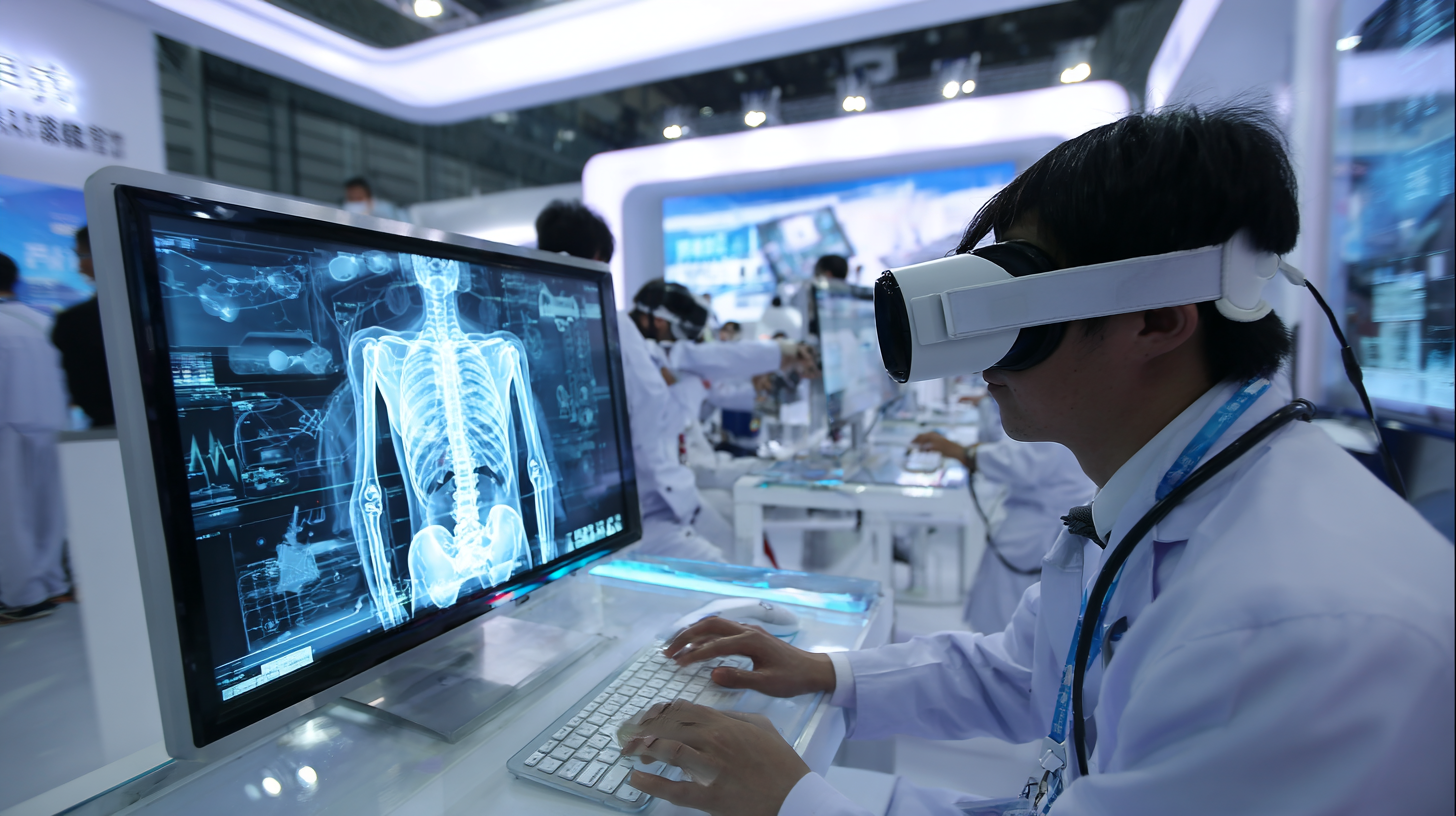
However, the advancement in VR healthcare training is not without challenges. One significant hurdle is the high cost of developing and implementing cutting-edge VR technologies, which can limit accessibility for smaller institutions or developing regions. Furthermore, there is a need for standardized training protocols to ensure consistency and reliability across various VR training platforms. These challenges will require collaboration among industry stakeholders, educational institutions, and government bodies to create sustainable solutions that promote widespread adoption. As the field evolves, addressing these trends and challenges will be crucial to realizing the full potential of VR in healthcare training.


